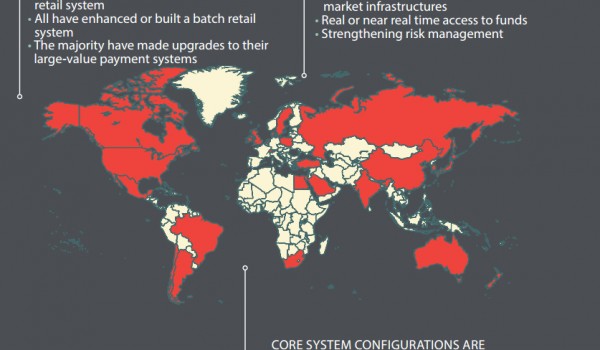Regulatory compliance has long been viewed as a mandatory component and a ‘cost’ of doing business as a financial services provider, whether you are an issuer, programme manager or payment services provider.
However, the regulatory landscape has evolved and while compliance remains a primary
focus, there is now an opportunity to gain a larger foothold in the payments value chain and seize a competitive advantage – writes Jamie Merritt, Partner, Accourt – Payments Specialists.
Historically, the ability to become principal members of the payment schemes has primarily been the domain of the traditional bank players. However, as a result of the Payment Services Directive (PSD) and its driving desire to create a broader competitive landscape, opportunities now exist for smaller, more agile organisations and those with bespoke niche propositions to operate in a space usually occupied by the traditional banks. For example, prepaid issuers and PSPs have been able to apply to the FCA for Payment Institution Licences (PI’s) or E-money Licences and principal membership of the Schemes, dispensing with the need for a traditional banking partner.
The rationale and potential barriers to enter into this space have been both commercial and regulatory, as access requires both principal membership of the payment schemes and a licence from the FCA. Whilst these remain unchanged, the opportunity to gain a stronger foothold in the payments value chain – and ultimately a greater share of the revenue pool – is worth consideration.
Traditional issuing and acquiring models have focused on a number of key players taking clearly defined roles. Both prepaid issuers and acquirer PSPs have changed the landscape here, with additional organisations fulfilling both key operational/regulatory roles whilst providing additional value to the end customer. Consequently, there are a number of points to consider, namely:
- The regulators and the European Commission are striving towards both greater competition and transparency on the various fee structures
- With greater transparency, the quest for value provision to the consumer is paramount
- An increase in the number of constituent parts of the payments value chain, whether from an issuing or acquiring perspective, will ultimately result in increased pricing for the end customer.
Therefore, organisations participating in this space – or those that have an appetite to do so – must have the ability to positively address these points. The key question is: how?
Fundamentally, they need a clear and full understanding of the implications associated with both the Regulator and scheme membership and/or accreditation. These implications fall into three broad categories:
- Commercial – How can you build a business case that factors in both incremental revenues and the costs associated with regulator and payment scheme approval and on-going management of the business?
- Operational – What infrastructure changes do you need to make to your business to demonstrate an understanding of, and compliance with, both the application and day-to-day management of the regulatory and scheme requirements?
- Compliance – How can you demonstrate that the written policy and procedural documents are a living, breathing part of the company’s DNA?
It is also imperative to evaluate how responses to these questions will be viewed by a regulator. The FCA has summarised its role as four key functions:
- Regulation – A supervisory role of the overall conduct of regulated companies
- Best Practice – Upholding the highest operational and ethical standards
- Protection – Ensuring customer protection
- Enforcement -Taking the required punitive action against organisations who fail to meet these standards
The FCA’s overall objective is to drive better consumer protection, greater integrity of the payments system and enhanced customer experience by increasing competition. Consequently you will need to demonstrate regulatory compliance in line with all the JMLSG guidelines and all legal requirements through both the application phase and on-going management of the day to day business.
A similar level of due diligence is also required to support principal membership applications with the individual payment schemes, either as an acquirer or an issuer. The development of the supporting business case is key, both from the perspective of potential collateral requirements and in demonstrating a comprehensive understanding of the compliance obligations and fee structures.
Once you understand the rationale to embark on this journey you will need to work through how to best achieve the desired result. The reality here is that this is extremely difficult to do well. A critical factor is the selection of the right partner to assist you with the development of this road map and to help navigate through this extremely complex commercial and regulatory maze.
How Accourt can help:
- Assist in the development of the requisite supporting business case
- Develop a risk assessment and gap analysis on the supporting operational infrastructure
- Review and/or create supporting operational procedural documentation, including all the required regulatory and compliance documents
- Support and manage the application process to the regulator and provide all subject matter expertise
- Create supporting documentation for principal scheme membership
- Manage the application process
- Provide subject matter expertise and provide support for the scheme risk review
- Provide subject matter expertise and provide support for the go-live project




